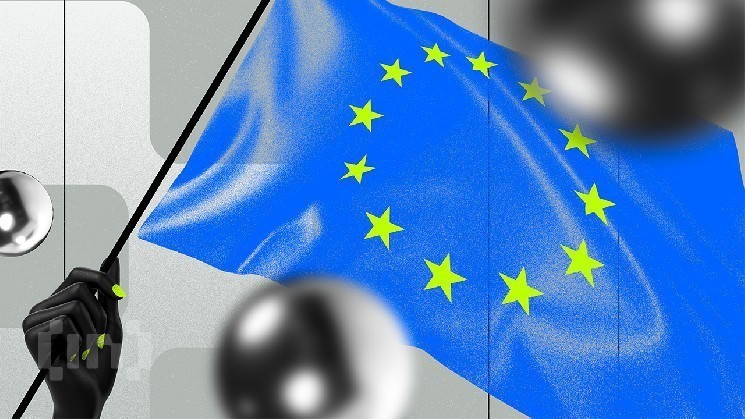EU officials are growing concerned that Malta is developing a lax reputation for MiCA licensing, attracting crypto firms to the island. Nonetheless, Germany still leads the EU in MiCA license applications.
There are no specific allegations that the country is flouting the law, but officials worry about possible negligence. Still, the EU needs to remain an attractive destination or risk getting abandoned by the crypto industry.
Is Malta a Paradise for MiCA Compliance?
MiCA, the European Union’s landmark piece of crypto regulation, has already caused dramatic shifts to the continent’s crypto ecosystem. For example, major industry players like Tether exit the market over licensing issues.
According to France24, many crypto firms are heading to Malta to meet licensing requirements based on the belief that it will approve them without hassle:
“From time to time we see arriving on our market, via the (MiCA) passport, products approved by some of our colleagues with, let’s say, a rather quick signing off,” claimed Marie-Anne Barbat-Layani, head of France’s Financial Markets Authority (AFP). She delivered these remarks in testimony to the French Senate.
The outlet investigated this testimony without specifically accusing Malta of flouting MiCA rules. It noted that the country began accepting applications several months before other EU members, and that Malta works to process paperwork quickly.
None of its reporting suggests that the nation is failing to meet its duties. It also claimed that Malta is becoming popular in the industry.
This notion, at least, is very easy to verify with hard data. Major firms like OKX and Crypto.com established offices in Malta for MiCA registration, and many smaller companies are doing the same.
Crypto firms are publicly hunting for Maltese teams and selling Maltese business licenses, and social media chatter reflects this reputation.
Business Brokers Selling MiCA-Licensed Companies in Malta Through Social Media
However, there’s one major elephant in the room. If these allegations are true, is that a bad thing? Sure, EU regulators publicly fretted about non-compliant behavior, but the bloc has other concerns.
Tether was barely impacted by MiCA exclusion, and Europe may be becoming peripheral to the global crypto industry. Does the EU want to turn these companies away?
Besides, fear-mongering about Malta’s influence over MiCA is likely overstated. The nation’s popularity in the crypto sphere is growing, but Germany still leads in MiCA registrations.
French media quoted several unnamed crypto experts claiming that German MiCA compliance is comprehensive. Still, not everyone has the time or patience for that.
“There is always the risk of someone trying to find the least demanding entry point into Europe,” claimed Stephane Pontoizeau, another official at the AFP in France.
That is to say, MiCA’s rollout caused a lot of chafing, and Malta may be able to alleviate some of these concerns.
Compared to Germany, Malta’s domestic economy is much smaller, and European crypto developers will need to interact with business infrastructure on the continent. The status quo seems stable for now.
Read the full article here

